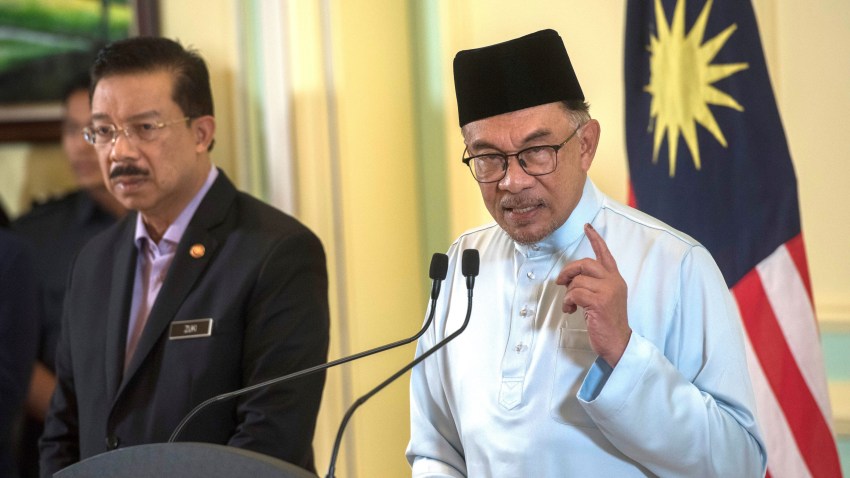Five days after the country’s general election on Nov. 19 resulted in a hung parliament, Malaysia’s king appointed veteran opposition leader, Anwar Ibrahim, to be prime minister.
Anwar, who will also serve as finance minister in the Cabinet he announced on Friday, helms a multiracial alliance of center-left political parties called Pakatan Harapan, which won the most seats in parliament. Yet he had initially been unable to form a majority coalition during a period of great uncertainty after the polls closed. His rival for the top job, former Prime Minister Muhyiddin Yassin, who chairs the nationalist and Malay-centric Perikatan Nasional alliance that won the second-highest number of seats, also failed to secure enough support for a clear-cut majority.
That led to an electoral standoff and a hung parliament, the first in Malaysia’s history, prompting calls by the king to form a unity government. Anwar ultimately prevailed because of Barisan Nasional, a third major coalition dominated by the United Malays National Organization, or UMNO. After much hesitation, Barisan Nasional’s 30 parliamentarians eventually backed Anwar, along with two other smaller Borneo-based parties, Gabungan Parti Sarawak and Gabungan Rakyat Sabah, shoring up his majority.

